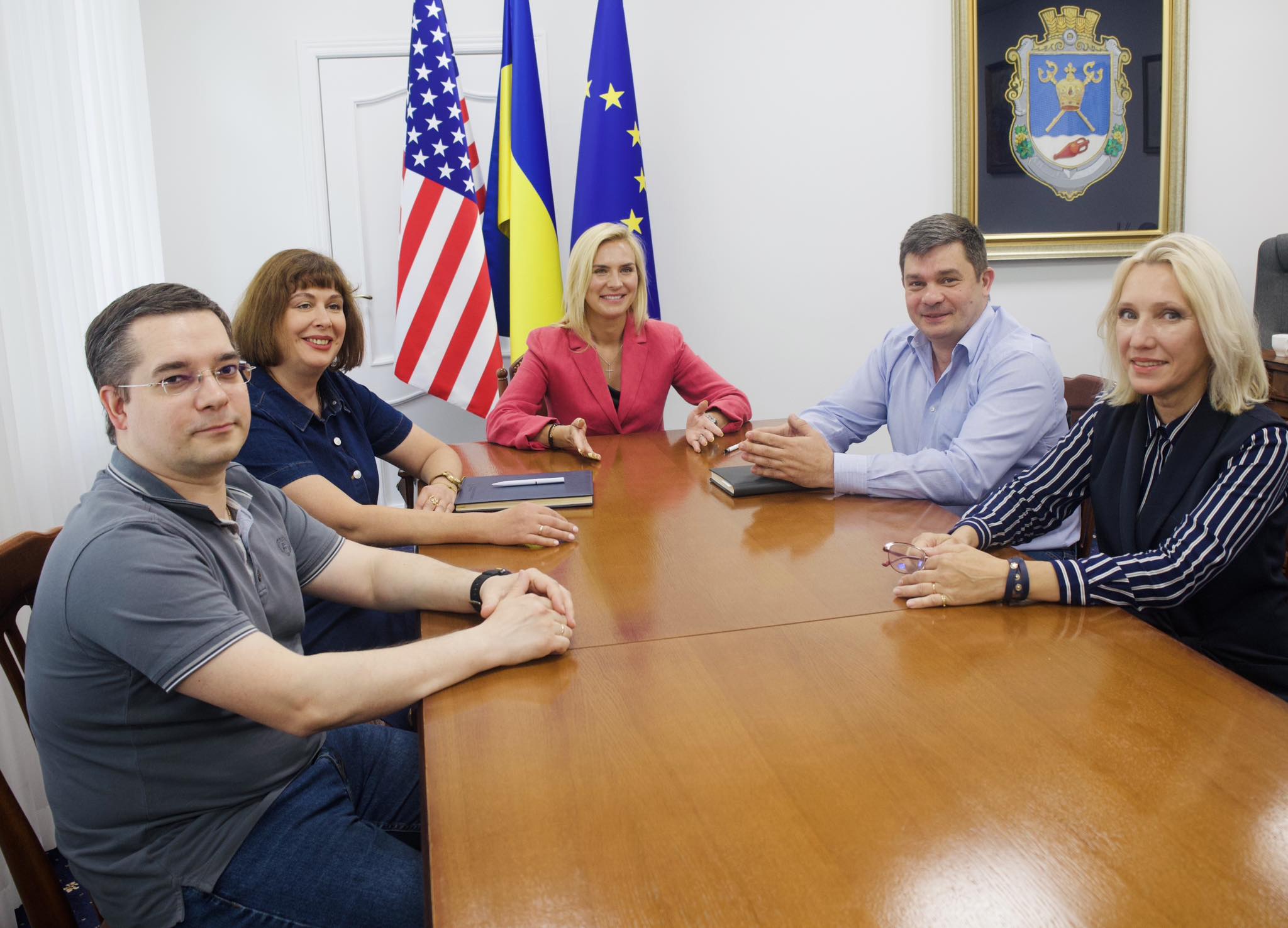Ukraine and the EU Join Forces to Develop High-Efficiency Cogeneration

The State Agency on Energy Efficiency and Energy Saving of Ukraine (SAEE), together with Cogen Europe and the “Cogen Ukraine” Association, held an international dialogue with the participation of the European Commission. The focus was on the development of high-efficiency cogeneration in Ukraine.
The event, which brought together over 50 participants from Ukraine and EU countries, served as a platform for discussing the strategic importance of cogeneration technologies in the country’s modern energy policy, as well as for exchanging experience, visions, and practical mechanisms for implementing European energy efficiency standards.
Hanna Zamazieieva stated:
"In the context of war and energy infrastructure recovery, high-efficiency cogeneration becomes one of the key solutions to strengthen Ukraine’s energy independence, reduce fuel consumption and greenhouse gas emissions, and fulfill climate commitments to the EU. According to estimates, Ukraine’s energy system needs at least 1,400 MW of flexible distributed capacity, which cogeneration units can provide," emphasized the Head of SAEE.
The development of cogeneration in Ukraine is aligned with the European Union’s policy. EU Directive 2023/1791, adopted in 2023, aims to reduce final energy consumption by 11.7% by 2030. High-efficiency cogeneration is defined as one of the main tools to achieve this target.
Ukraine has already aligned its national legislation on cogeneration unit qualification with the relevant EU standards. Despite challenges, including a lack of experience among new applicants, significant progress has been made:
In 2024, 68 cogeneration units with a total electrical capacity of 77 MW were commissioned.
In the first five months of 2025, 29 units were qualified with an electrical capacity of 377 MW and a thermal capacity of 1,625 MW.
Experience shows that some installations do not meet high-efficiency criteria. The main reasons include very low electricity generation volumes and outdated equipment with low efficiency, sometimes over 50 years old.
To improve efficiency and achieve high-efficiency cogeneration status, SAEE recommends that owners of such installations:
- conduct energy audits,
- implement accurate energy resource metering systems,
- consider switching to alternative fuels,
- prepare feasibility studies for modernization, and
- seek financing through available funding programs, including the Ukraine Decarbonization Fund.
The state is creating favorable conditions for investment in cogeneration:
- licensing has been abolished for facilities operating for self-consumption,
- the list of permitting procedures has been significantly reduced,
- connection timelines to electricity, heat, and gas networks have been optimized, and
- equipment is exempt from import duties and VAT.
These measures are already yielding results: in 2024 alone, investments in the sector exceeded €120 million.
However, fully achieving strategic goals will require even more decisive and coordinated actions. By 2026, Ukraine plans to implement at least 260 new cogeneration projects with a total capacity of 825 MW. The required investment is estimated at approximately €1.4 billion.
In this context, partnership with the European Union plays a crucial role. Ukraine needs comprehensive support — not only financial, but also technical and institutional. Key areas include:
- implementing an electronic register of energy guarantees of origin,
- developing practical recommendations for cogeneration unit modernization,
- integrating European best practices for local support, and
- training and certifying industry professionals.
This multi-level cooperation with EU partners will ensure sustainable implementation of energy efficiency policies, integrate Ukraine’s energy system into the single European space, and establish a solid foundation for the country’s energy independence.
"We see this process as part of Ukraine’s broader integration into the European energy space. High-efficiency cogeneration must become the foundation of a resilient, flexible, and climate-responsible energy system. I urge all participants to join our common cause — building an energy-strong, modern, European Ukraine," concluded Hanna Zamazieieva.
SAEE expresses sincere thanks to its long-standing partner — GIZ Ukraine — for their support in preparing and conducting the event.